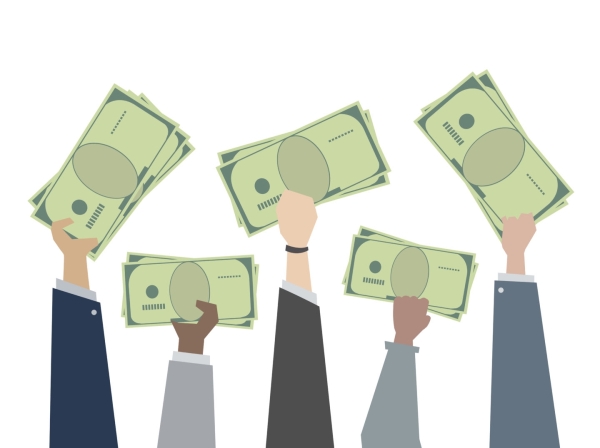What can be done to reverse a deflating economy? Thursday, 26 January 2023

Inflation or deflation?
It can be tricky to tell the difference between inflation and deflation if you are casually watching the news and following updates on the global economy. Both inflation and deflation are intimidating topics, neither are particularly good for a national economy, and unfortunately, both of them also come with a host of other complicating factors and issues.
First of all, what is deflation? Deflation is what happens when consumer prices begin to decrease over time and as a result, consumer purchasing power increases. If you have ever travelled to a foreign country where your currency was stronger, then you already have a sense of what experiencing deflation is like.
You could be forgiven for thinking that deflation must be a good thing – after all, you have more purchasing power and you are still making the same wages. However, deflation can serve as a canary in the coalmine when it comes to impending recessions or depressions.
Prices in decline
When prices start to dip, people begin putting off their purchasing because they assume that the prices will only continue to decline. When millions of people do this (sometimes subconsciously), the result is that there is less income being generated for producers, and unemployment rates start to spike. This creates a cycle in which unemployment rates worsen, prices dip further and people put off their purchases even longer.
AdvertisementThere can be economic stagnation, growing poverty rates and a freeze on commercial innovation during times of deflation. We are currently also in the midst of a property bubble, which may or may not burst. If prices of consumer goods begin to dip but house prices remain unattainably high, the economy could be in for a very exciting (read: bad) time.
So, what can be done?
In the US, deflation is also looming large as the Fed considers taking it on as part of a larger economic strategy, and the UK is currently scrambling under a fresh administration to create a solid economic plan. An increase in deflation can easily cause a slide into a recession or depression, so economies around the world are eager to beat deflation and get to work.
Thankfully, there are a number of strategies that countries can utilize when fighting deflation. Firstly, a country can simply boost its money supply; in a country such as the United States, this involves the Federal Reserve buying back treasury securities and in doing so increasing the supply of money. An increased supply of money means that every dollar in circulation is slightly less valuable and consumers are more likely to spend.
Countries can also make borrowing money a little easier, to encourage consumers to bite the bullet and make those purchases they have been putting off. If the Feds or the Ministry of Finance decide to increase the amount of credit available or reduce interest rates, individuals are able to borrow more money, more easily.
Banks are also able to loan more money out to would-be borrowers if the government decides to lower the reserve rate, which is the amount of money banks need to have on hand at any given time. Through adjusting borrowing regulations, the government is able to make taking out a loan a much easier process than it otherwise would be, and thereby encourage spending.
Finally, national governments can sidestep deflation through the use of targeted, well-designed fiscal policy. There is a lot of nuance to creating good financial policy but if a government is able to draft legislation that increases public spending and reduces taxes at the same time, the result may be increased demand and more disposable income for consumers. Said consumers are then more likely to spend, and drive prices and demand right back up.
However, if the tax cuts are not created well enough or only target the very highest classes, then most consumers are left neglected and the policy will fail to have any real effect on deflation.
Share this article:

